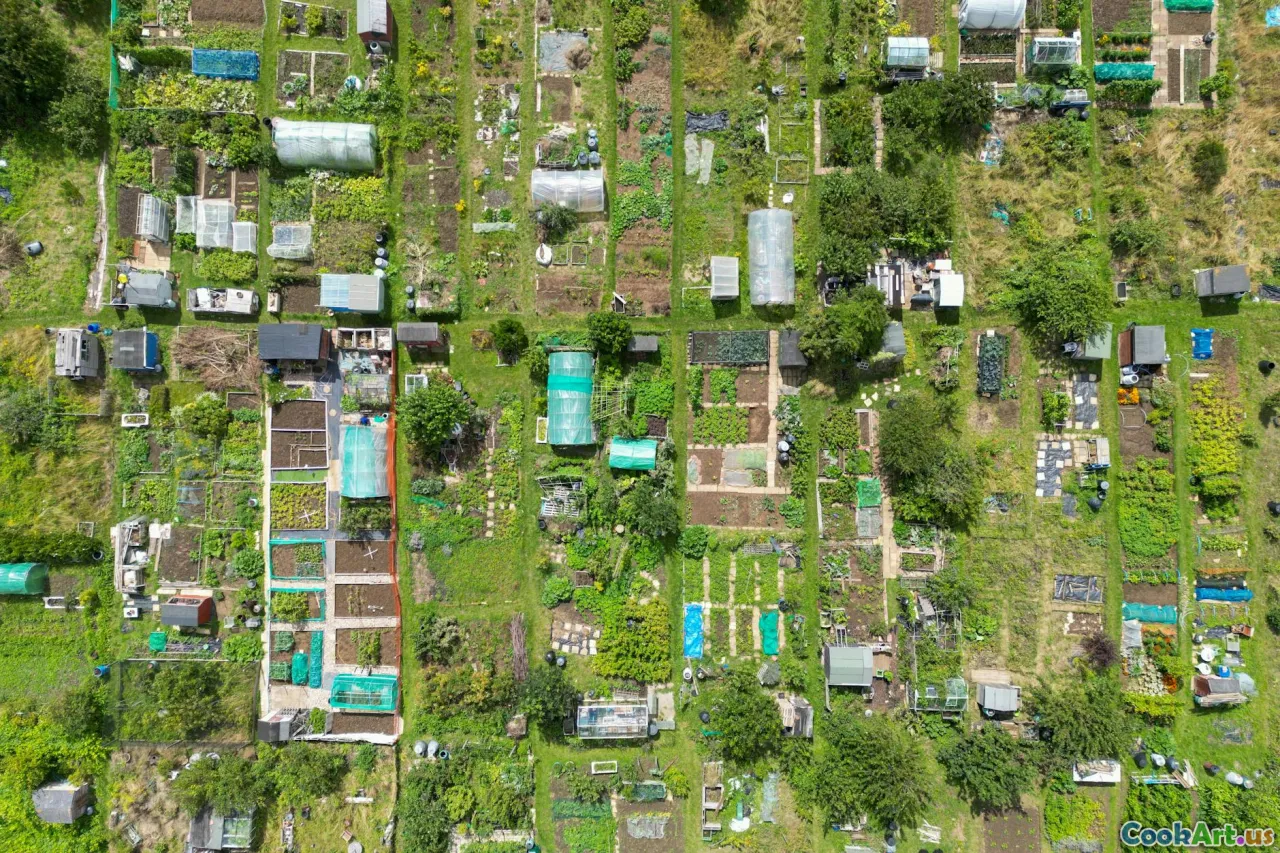Community Gardens: Growing Together
6 min read Explore how community gardens unite people through shared experiences, culture, and sustainable food practices. April 13, 2025 22:45
Community Gardens: Growing Together
Community gardens are more than just patches of green in the urban landscape; they are vibrant spaces that cultivate not only plants but also relationships, cultures, and a sense of belonging. As interest in sustainable living and local food systems grows, these gardens have become vital to urban communities worldwide. This article delves into the significance of community gardens, exploring their role in promoting food security, cultural exchange, and community resilience.
The Roots of Community Gardening
Community gardening began in the early 19th century, primarily in urban areas where access to fresh produce was scarce. These gardens provided a solution to food deserts, enabling individuals to grow their own fruits and vegetables, thereby improving their health and well-being. Today, community gardens continue to thrive, adapting to the needs of diverse populations and addressing modern challenges such as climate change and social inequality.
Building Community Connections
One of the most profound impacts of community gardens is their ability to bring people together. These spaces serve as a melting pot of cultures, where individuals from various backgrounds can share their culinary traditions and gardening techniques.
Cultural Exchange Through Gardening
In a community garden, you might find a Mexican family planting tomatillos next to a group of Italian Americans cultivating basil. This proximity fosters an environment of cultural exchange, where recipes are shared, and culinary stories are passed down. The act of planting and nurturing crops becomes a bridge that connects people, fostering understanding and appreciation for diverse food cultures.
Social Cohesion and Empowerment
Community gardens also promote social cohesion. They create a sense of ownership and responsibility among participants, encouraging them to engage with their neighbors and work collectively towards common goals. This shared purpose can lead to increased community pride and decreased feelings of isolation, particularly in urban areas where individuals may feel disconnected from their surroundings.
The Benefits of Growing Together
Food Security
Community gardens play a crucial role in enhancing food security, especially in neighborhoods lacking access to fresh produce. By growing their own food, community members can reduce their dependence on grocery stores, leading to healthier diets and lower food costs. Moreover, these gardens often donate surplus produce to local food banks, further supporting those in need.
Environmental Awareness
These gardens also serve as educational hubs, teaching participants about sustainable practices such as composting, crop rotation, and organic gardening. As people learn to grow their own food, they develop a deeper connection to their environment and an understanding of the importance of biodiversity. This awareness can inspire more sustainable choices in other areas of their lives, from reducing food waste to advocating for local food policies.
Challenges and Triumphs
Despite their many benefits, community gardens often face challenges. Issues such as land tenure, funding, and access to resources can hinder their development. However, many communities have found innovative solutions to these obstacles, from forming cooperatives to secure land, to organizing fundraising events that support their gardens.
Success Stories
Numerous success stories showcase the resilience of community gardens. For instance, the City of Chicagohas seen a surge in community gardening initiatives, transforming vacant lots into lush gardens that serve thousands of residents. Similarly,Los Angeles has launched programs to support urban agriculture, recognizing the importance of these spaces in promoting health and sustainability.
Conclusion: Growing Together
Community gardens encapsulate the essence of growing together—not just in terms of plants, but also in relationships, cultures, and shared experiences. They remind us that food is not just a means of sustenance but a powerful tool for community building and cultural exchange. As we continue to navigate the complexities of modern urban life, these gardens stand as a testament to the strength and resilience of communities coming together through the love of food. By nurturing these spaces, we cultivate not only our gardens but also the bonds that unite us as a society.
Whether you’re a seasoned gardener or a novice, consider getting involved in your local community garden. It’s an opportunity to grow, share, and connect—one seed at a time.









